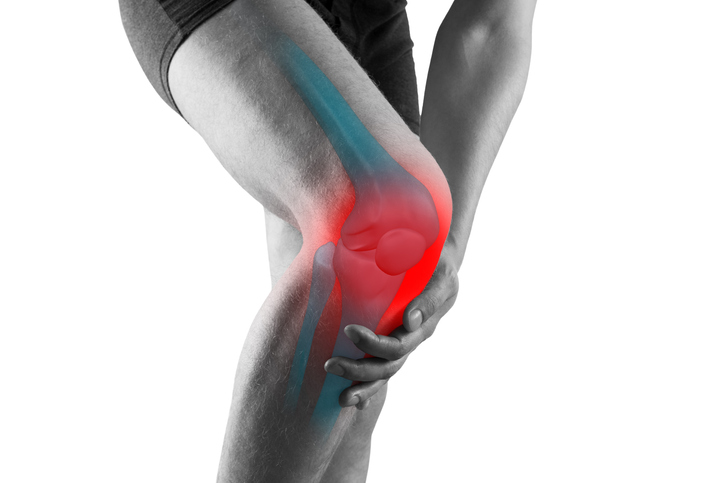Table of Contents
[ad_1]

Orthopedics is a branch of medicine that studies, prevents, and treats diseases, deformities, and injuries of the bone and joint system. We have all heard of orthopedic doctors – and in general, we know what they do. Still, do you know the main reasons or hidden signs for going to an orthopedist?
Orthopedic Examinations Are Essential From Birth

Source: parenting.firstcry.com
An orthopedic checkup is an examination by a specialist doctor, during which the condition of the locomotor system is assessed. The bones in the human body form a skeleton that provides support and protects internal organs – and also allows us movement.
Also, there is hematopoietic tissue in the bones – as well as calcium and phosphorus, which are essential for normal functioning. Having all this in mind, it is not surprising that orthopedics is one of the leading branches of medicine – and orthopedic examinations are necessary from early childhood.
Still, are there any signs that indicate you should visit an orthopedist for a reason? We often tend to ignore some of these signs. Signs and symptoms may be hidden, so we often overlook them – and they can be indicators of more serious problems. Here are the most common reasons to see an orthopedic doctor.
1. Pain in the front of the knee

Source: jerseyshoresportsmedicine.com
This has happened to many of you – but you probably haven’t paid too much attention. However, do not ignore the pain in the front part of the knee because it may be chondromalacia. This phenomenon is common among recreational and professional athletes.
Knee pain mainly occurs in younger people who play sports – such as football players, cyclists, handball players, rowers, tennis players, etc. The terms in orthopaedics most often used for this condition are patellofemoral pain syndrome, chondromalacia patella – or running knee.
2. Twisting feet
The foot is one of the most complex parts of the locomotor system. However, it often happens that we neglect foot injuries. Do you think you just stood in the wrong way on your foot or twisted your foot? You shouldn’t ignore this condition as it can happen that you have suffered an ankle injury.
This injury is one of the most common sports injuries – but it happens almost equally often to those who do not play sports actively. Although the orthopedist might only find sprains that occur during the mechanism of twisting (inversion) of the foot – it can also happen that it is an ankle injury, which is a more complex condition and requires somewhat more serious treatment.
3. Crunching and swelling of the knees

Source: nysportsmedicineinstitute.com
If you happen to hear cracking in the knee, you have occasional pain or weakness of this joint, and sometimes swelling – do not ignore it. This sign may indicate a meniscus injury. Such injuries occur very often, especially with active people who are training.
Still, it happens to others as well. When the meniscus is damaged, there is a pain in the joint, the knee can be pinched – and swelling can appear, which can make it difficult for you to move. A knee meniscus injury is the most common injury in orthopedic-medical practice.
Conclusion
Regardless of your pain tolerance threshold – some hidden or less hidden signs of orthopedic problems should not be neglected. In such situations, it is always best to consult a specialist.
Orthopedic examinations aim to determine whether it is a disease or an injury to the locomotor system. The examination can determine whether it is an acute injury, acute or chronic pain syndrome, degenerative condition, inflammation, or a sports injury.
[ad_2]
Source link







More Stories
Eat the Rainbow Week 7: Tasty Snacks
Lowestoft: NR Health and Fitness take over Nirvana gym
My 6 Favorite Meatless Meals from Around the Internet